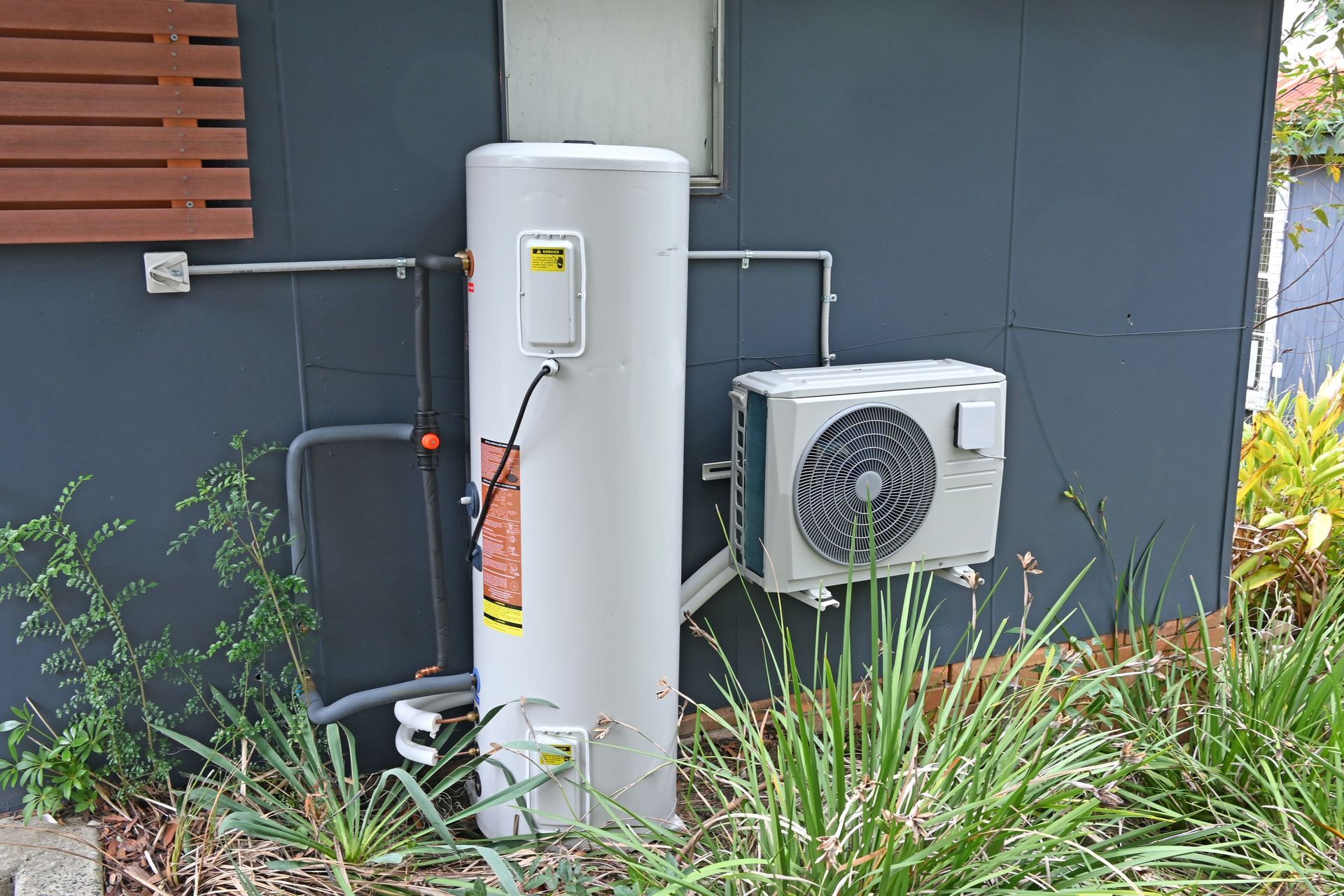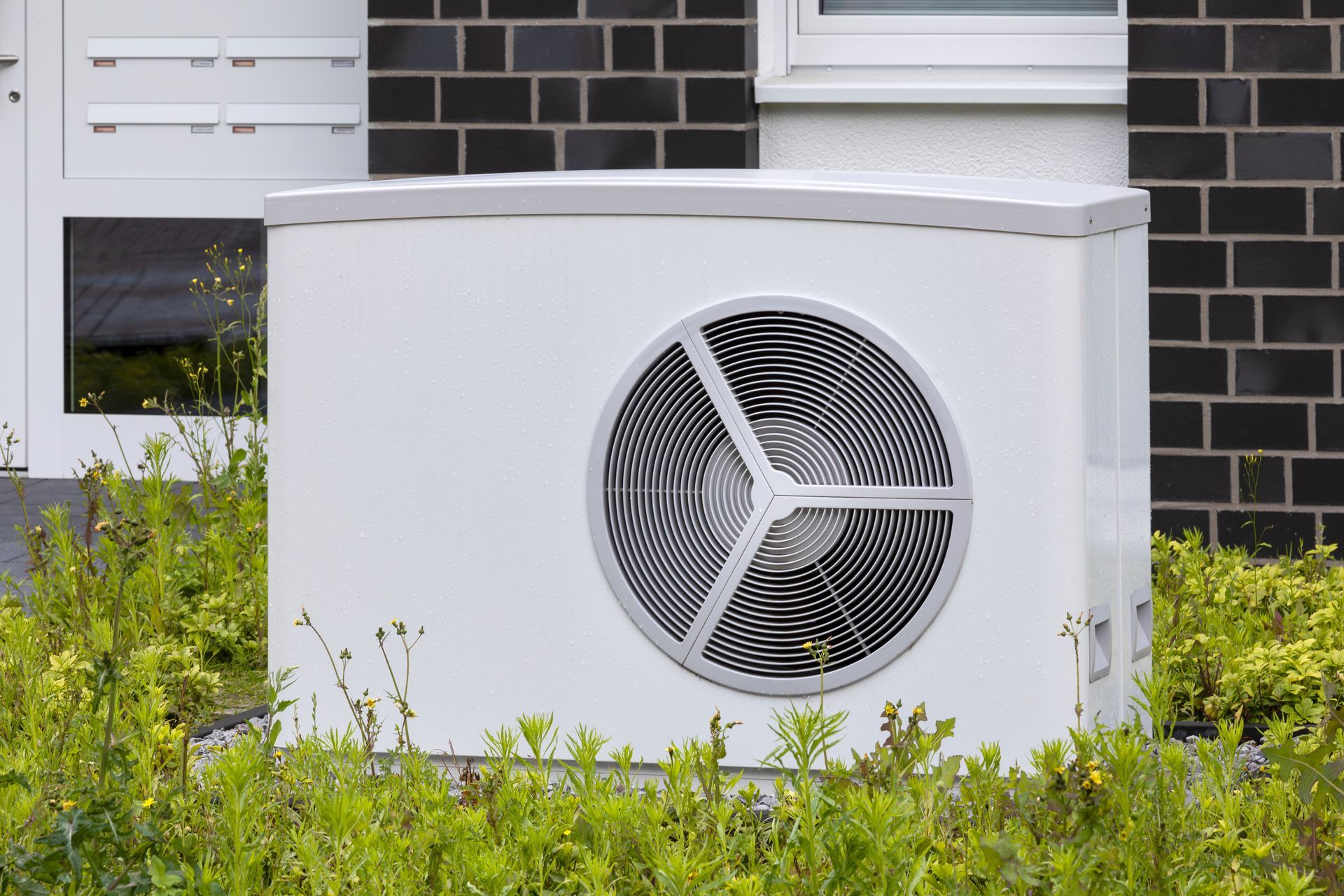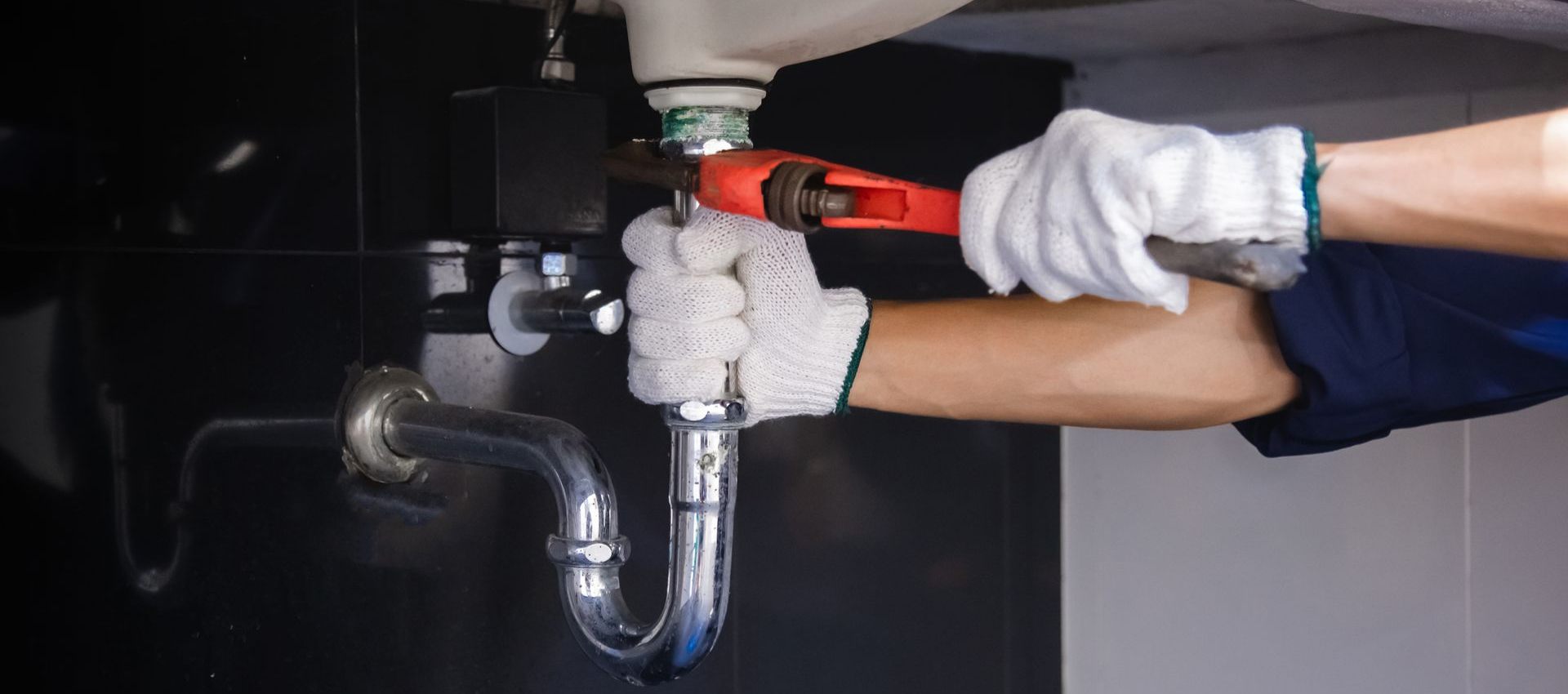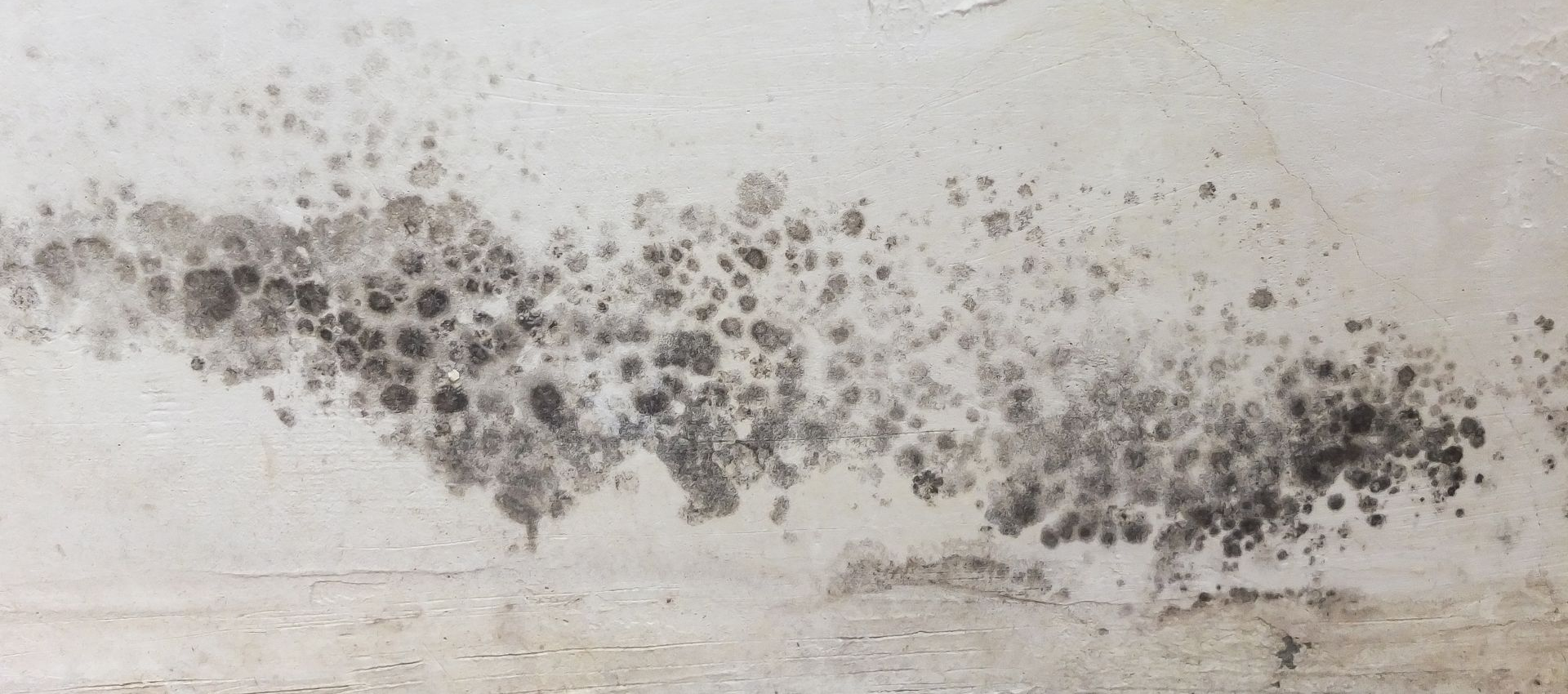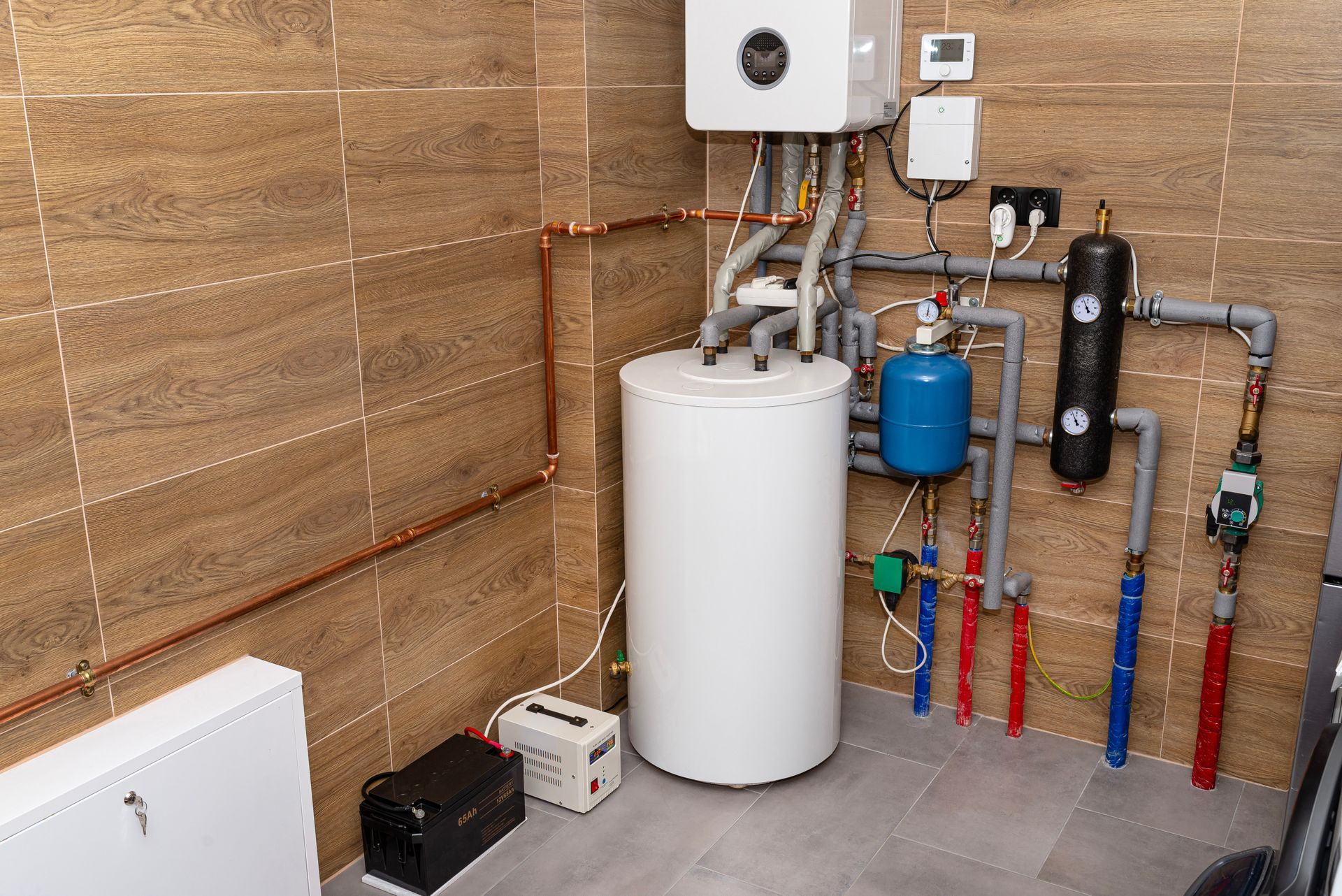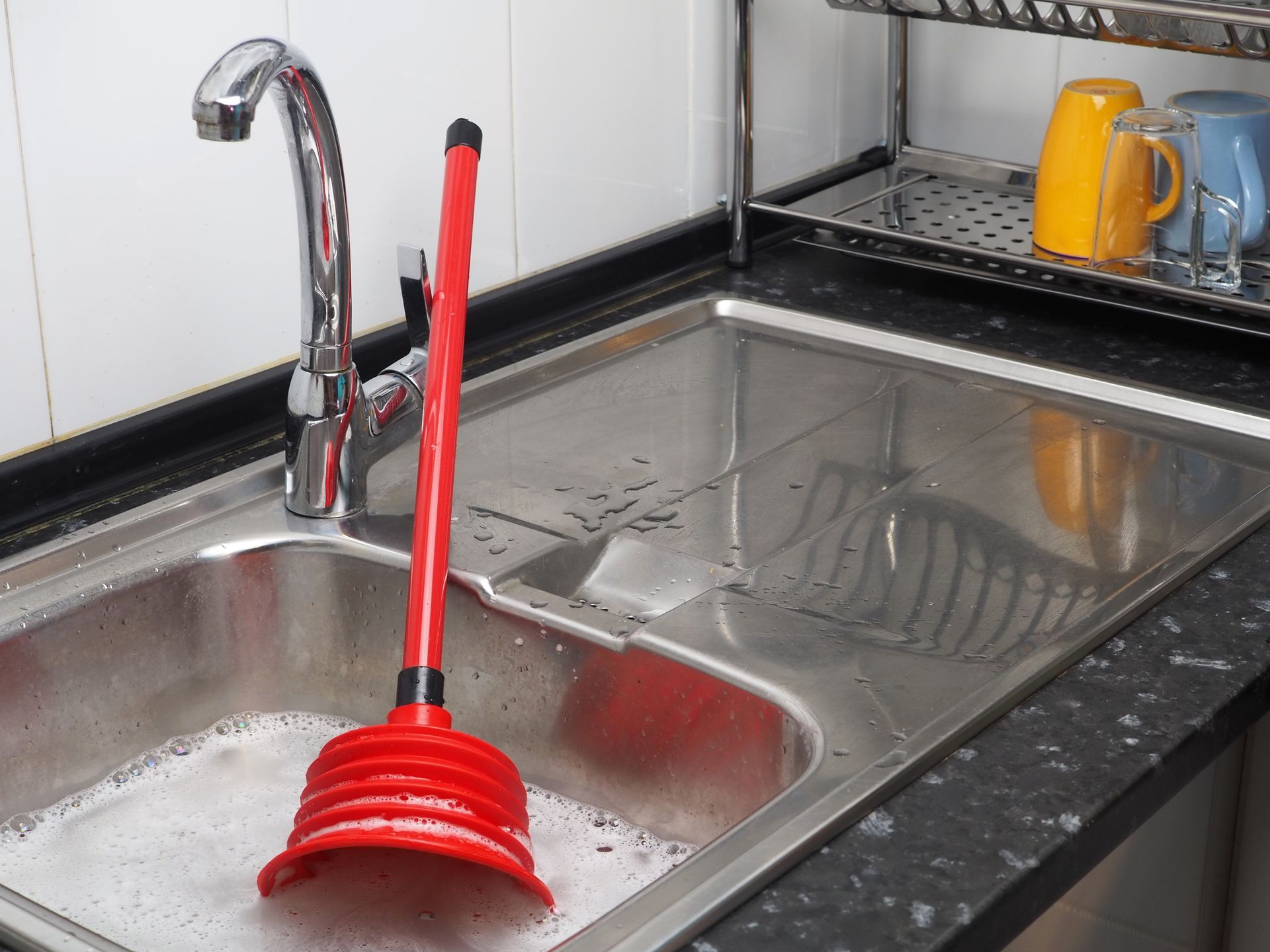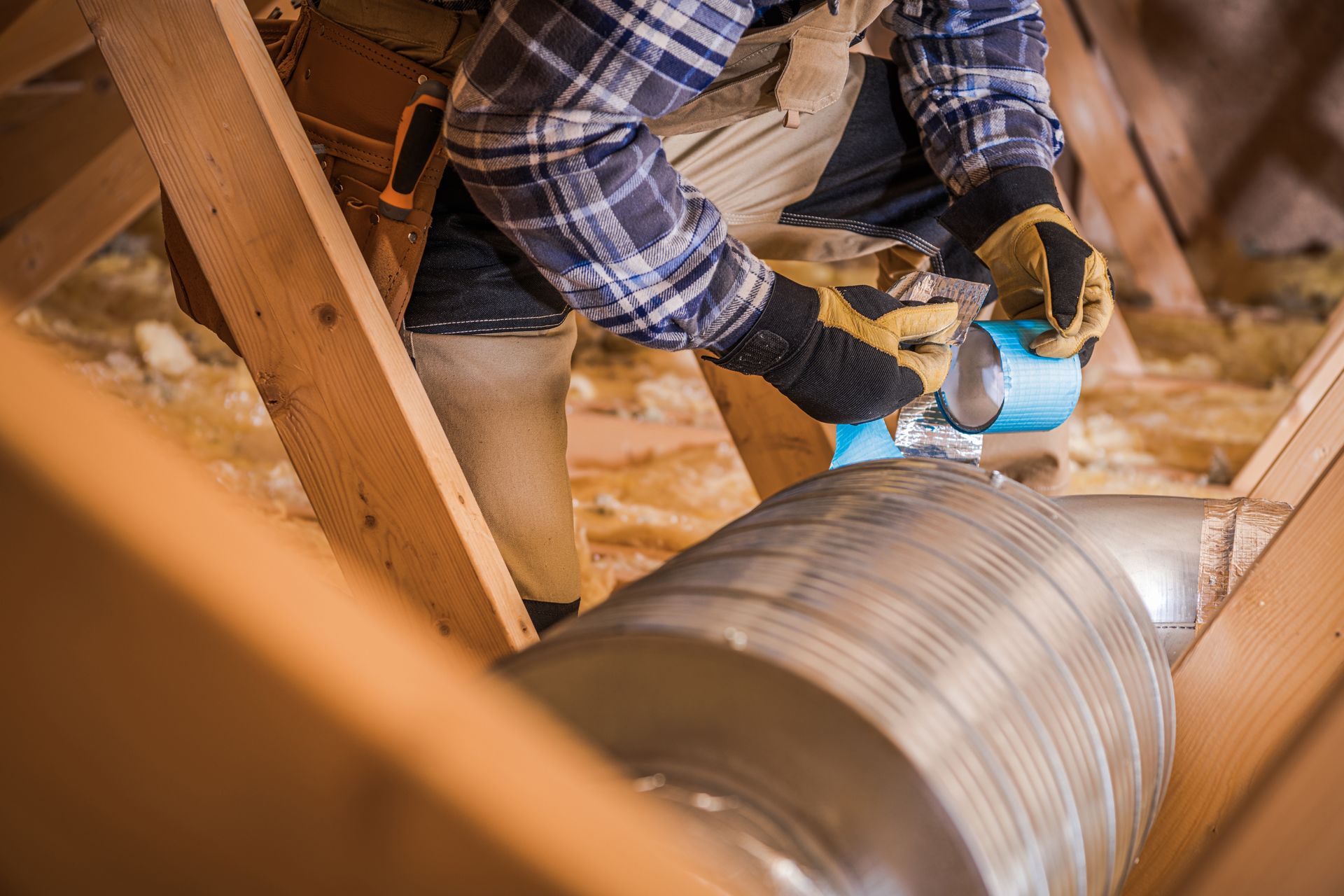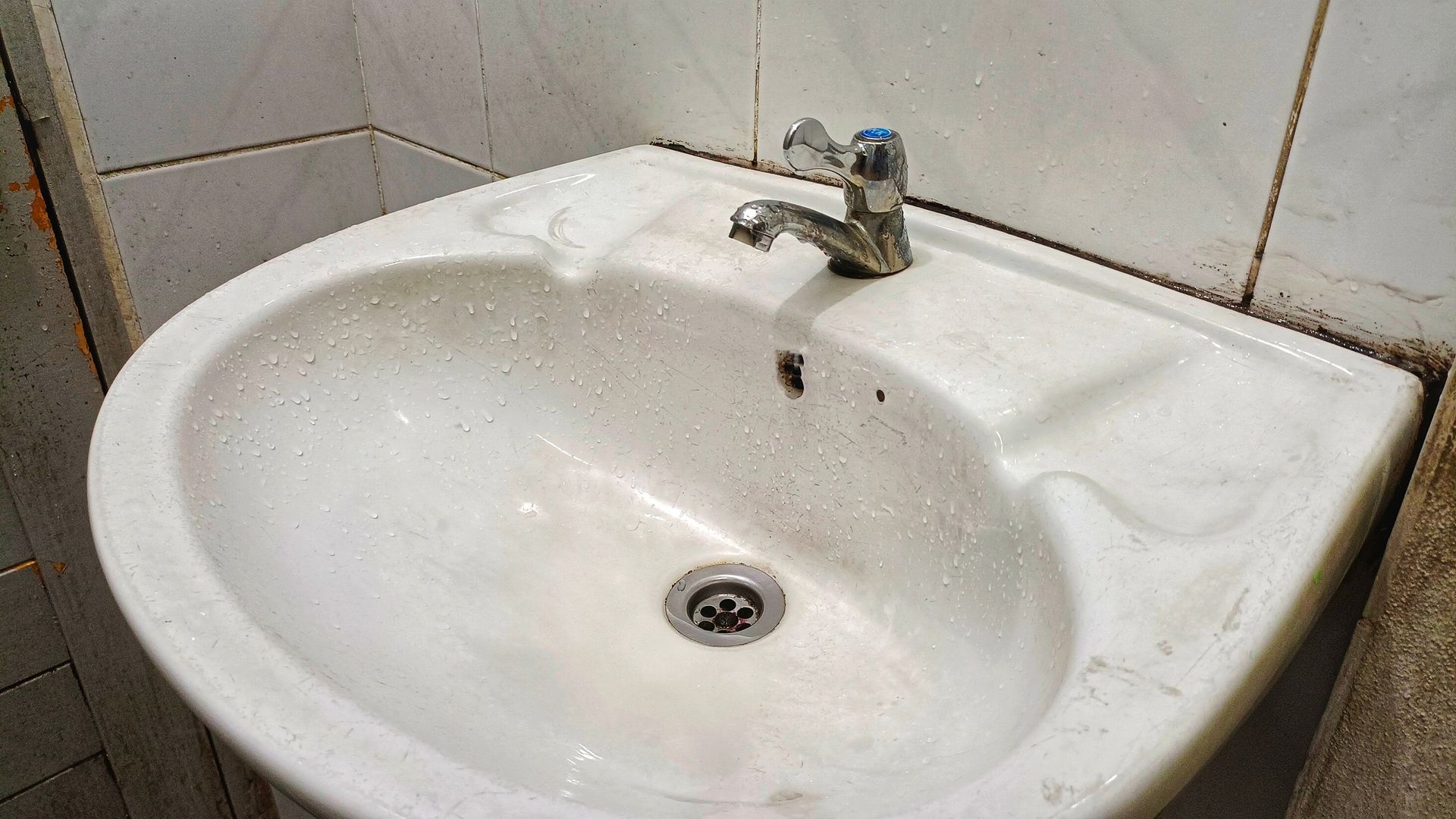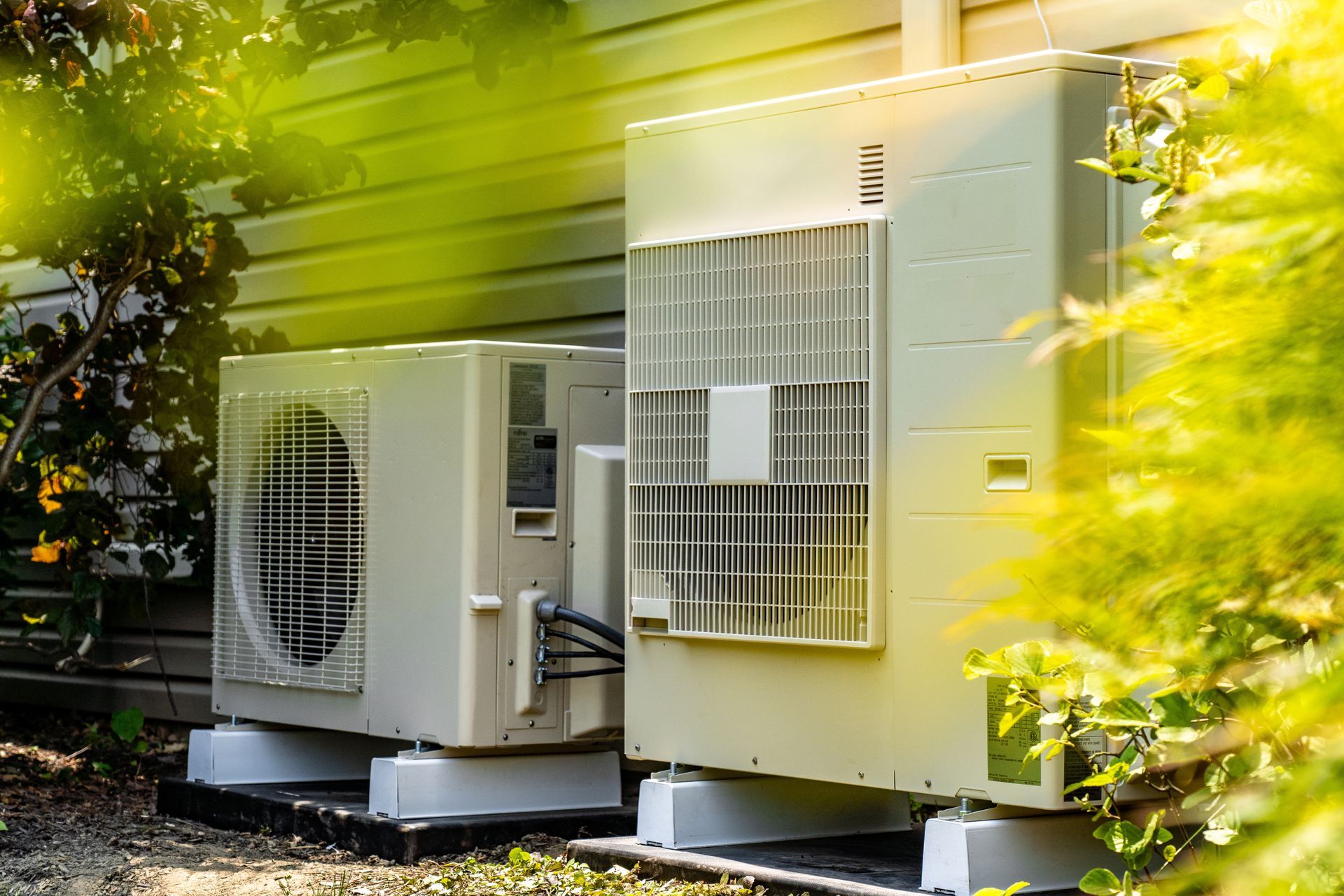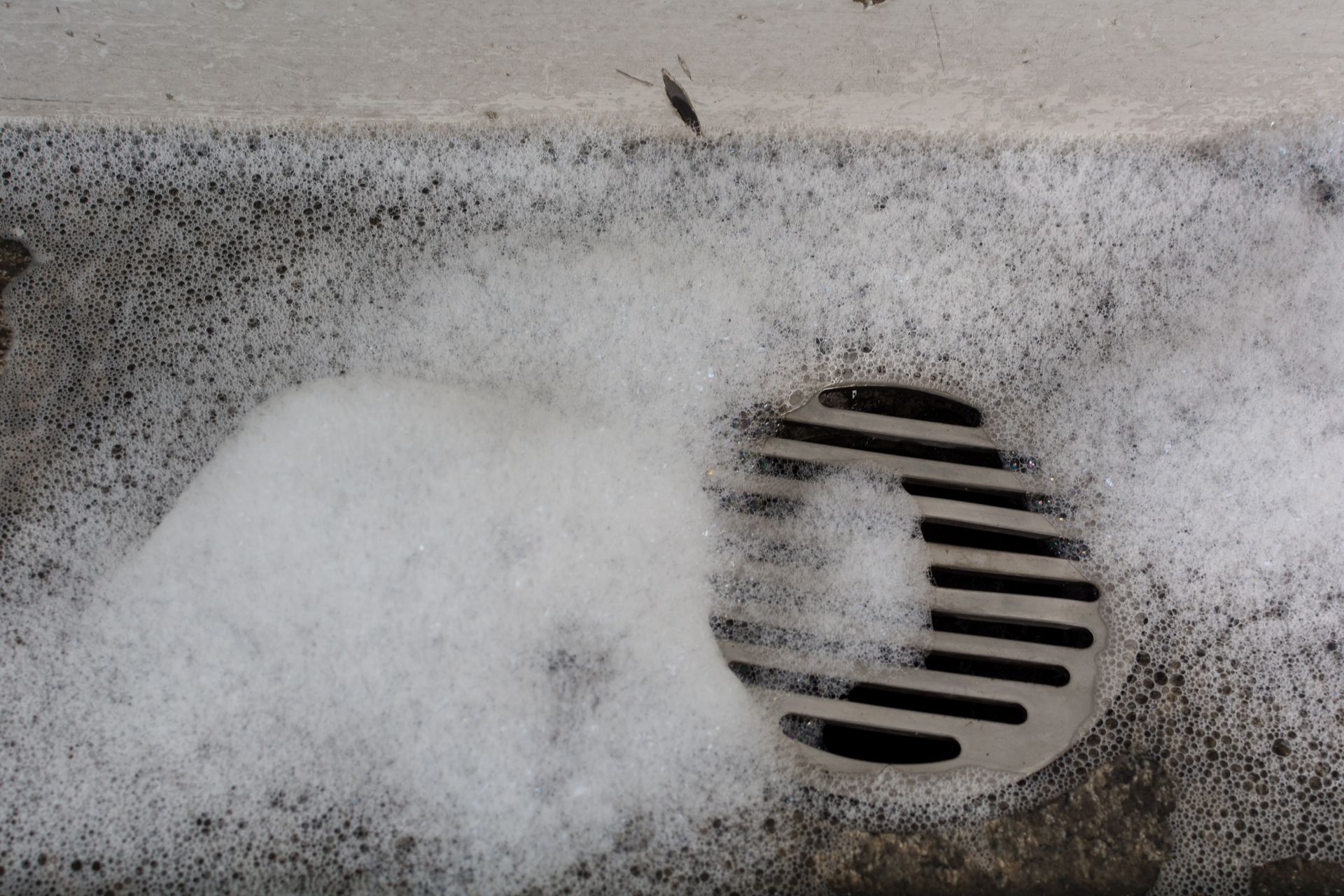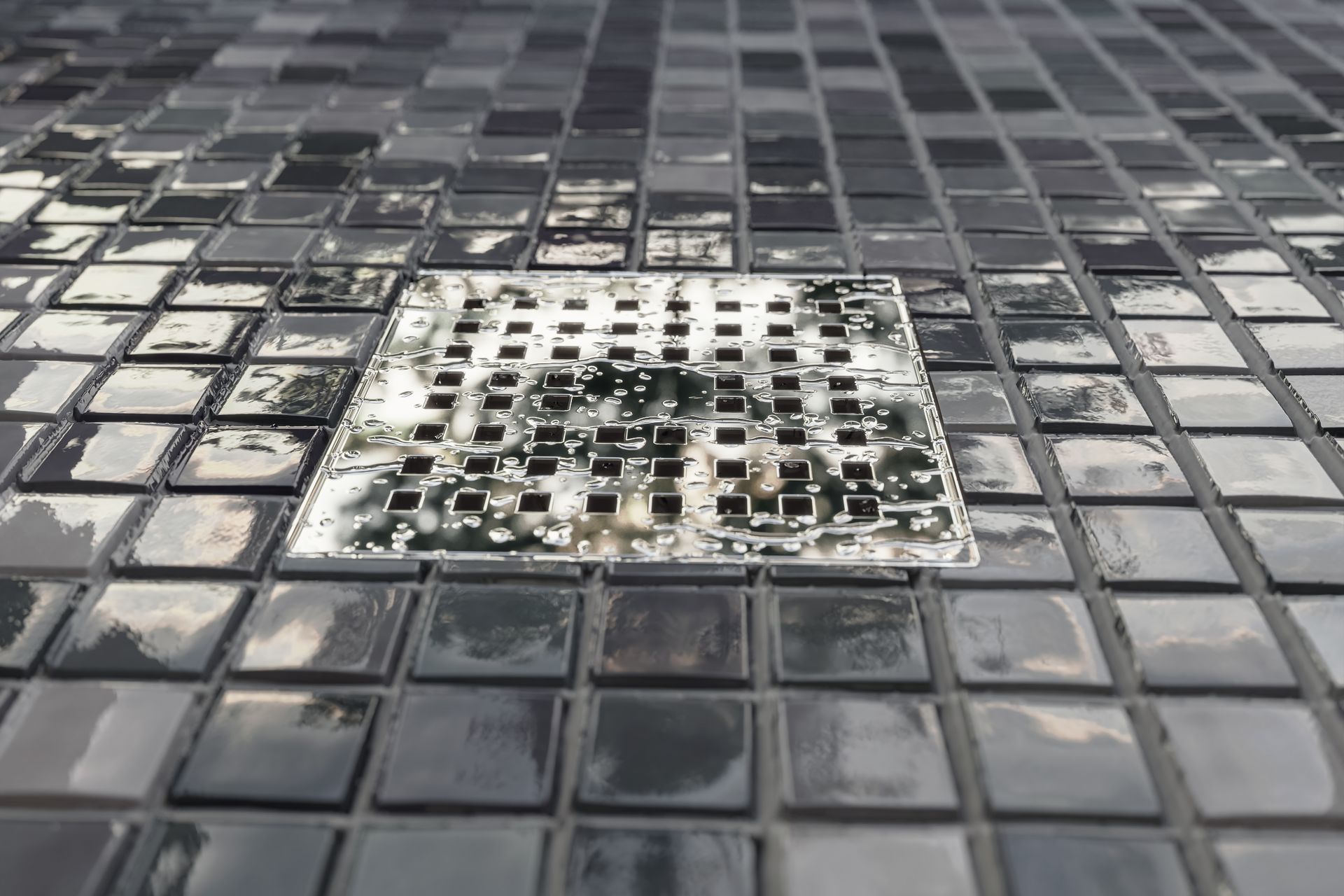4 Ways Middle GA Homeowners Might Be Hurting Their Plumbing
While our plumbing often goes unnoticed, it works hard to keep our homes running smoothly. Yet, many homeowners unknowingly develop habits that put unnecessary strain on their pipes, leading to leaks, clogs and costly repairs. Let’s take a look at some ways you might be putting your plumbing at risk and what can be done to fix it.
#1 Flushing items that won’t degrade
Although items like paper towels, sanitary napkins and wipes are commonly found in bathrooms, that doesn’t mean they should be flushed. These products don’t break down like toilet paper and can quickly lead to clogs in your pipes. To prevent costly repairs and keep your plumbing running smoothly, it’s best to dispose of them in the trash instead of the toilet.
Even though some products claim that they’re flushable, this isn’t always the case. To be safe, avoid flushing anything other than toilet paper and waste. Keeping these items out of your toilet can reduce the likelihood that clogs will develop, saving you money and time in the long run.
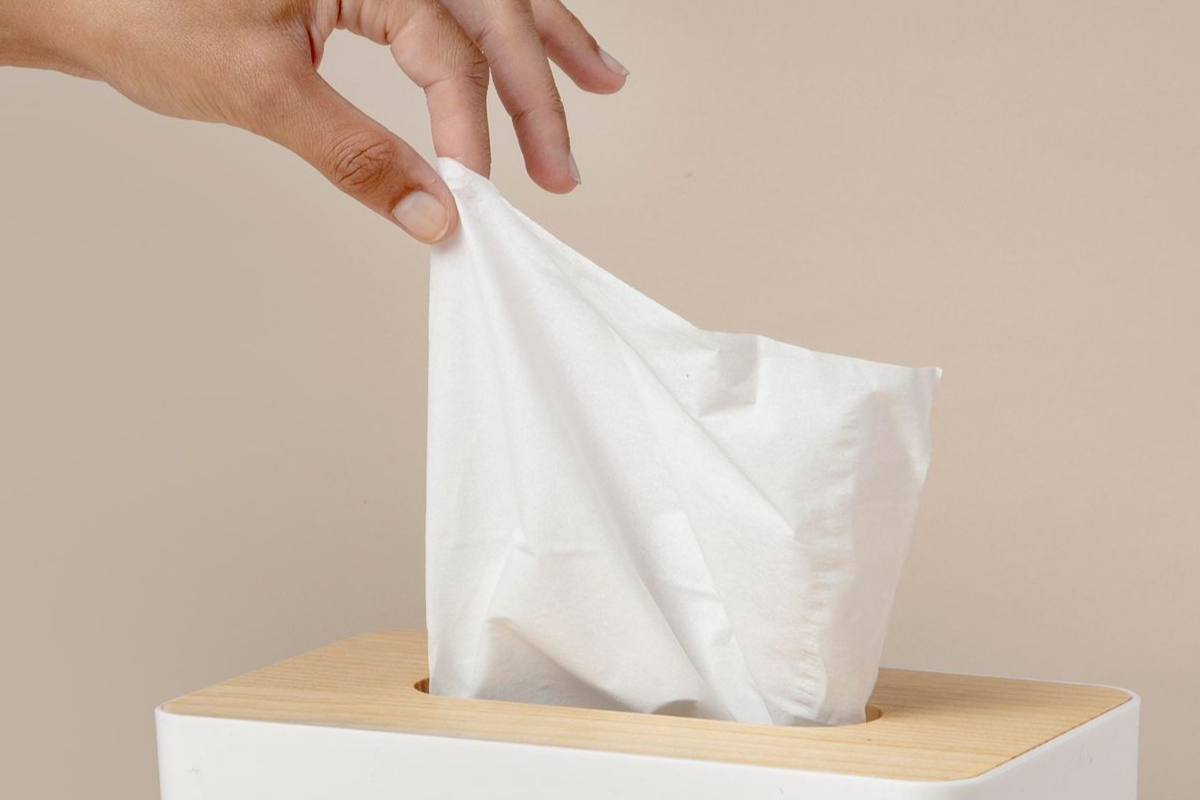
#2 Putting certain foods down the garbage disposal
While garbage disposals can break down small amounts of food debris, they can become clogged by certain items. If your sink becomes clogged, several problems can arise. Standing water that won’t drain can create unpleasant smells and attract flies, while the buildup can strain your pipes and cause leaks to occur. While mild clogs can be fixed at home, more extensive ones require professional services, which can be costly and time consuming.
To keep your plumbing in good shape, it's important to keep these foods from going through your disposal. Some of these include:
These include:
- Cooking oil and grease
- Coffee grounds
- Eggshells and seafood shells
- Bones
- Starches
- Potato peels
#3 Using drain cleaners to eliminate clogs
While drain cleaner is effective at removing clogs, it can create serious problems down the line. These types of cleaners contain chemicals that cause your pipes to corrode, weaken and even burst in some instances. Burst pipes can lead to water damage, which can be stressful and expensive to repair. Homeowners should avoid using drain cleaners when trying to get rid of clogs. Instead, you can use plungers or boiling water to dislodge debris that’s causing the blockage.
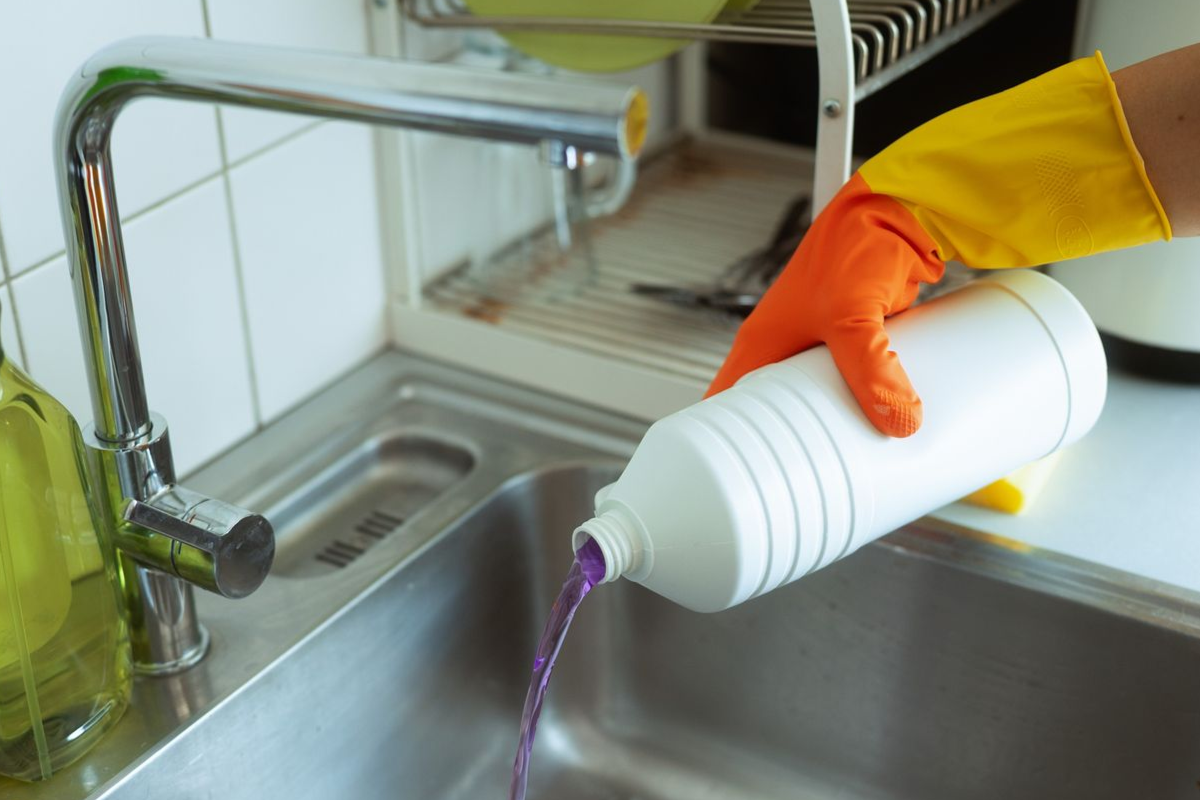
#4 Neglecting leaks or dripping faucets
While a small leak or dripping faucet is easy to ignore, these plumbing problems can actually waste significant amounts of water and increase your utility bills. Over time, even small leaks can cause water damage and promote mold growth in your home. Addressing these issues early not only helps you save on water but also water but also protect your home from damage.
Tips for preventing clogs in your home
While clogs can’t be completely avoided, you can greatly reduce the risk by practicing healthy habits that protect your plumbing:
Kitchen drains and disposals
- Avoid prepping food over your sink – This helps keep food scraps from entering your drain and causing blockages.
- Use a drain cover – A simple drain cover can catch food particles and debris before they enter your pipes.
- Scrape your food into the trash – Disposing of leftover food in the trash reduces the risk of clogs and keeps your sink smelling fresh.
Showers drains
- Brush your hair before showering – This removes loose strands that could otherwise wash down the drain and cause clogs.
- Use a hair catcher – A hair catcher traps strands before they enter your plumbing, making it easier to keep drains clear.
- Clean your shower frequently – Regular cleaning prevents hair, soap scum and grime from building up and blocking your drain.
Toilets
- Keep your toilet lid closed – This prevents objects from accidentally falling in and causing blockages.
- Use septic-safe toilet paper – Septic-safe toilet paper breaks down more easily, protecting your pipes and septic system.
- Keep a trashcan in your bathroom – Having a trashcan nearby encourages proper disposal of non-flushable items.
Looking for Professional Plumbers? Buzzell is here to help!
If you’re a homeowner looking for dependable plumbers, our team at Buzzell Plumbing, Heating and Air Conditioning is ready to help! Located in central Georgia, we proudly serve the Warner Robins and Macon communities.
Call us today at 478-209-3106 to schedule a service appointment and see why Middle Georgia homeowners trust us with their plumbing needs. For more information about our full range of services, including HVAC repair and maintenance, please visit our website by clicking the link
here.
